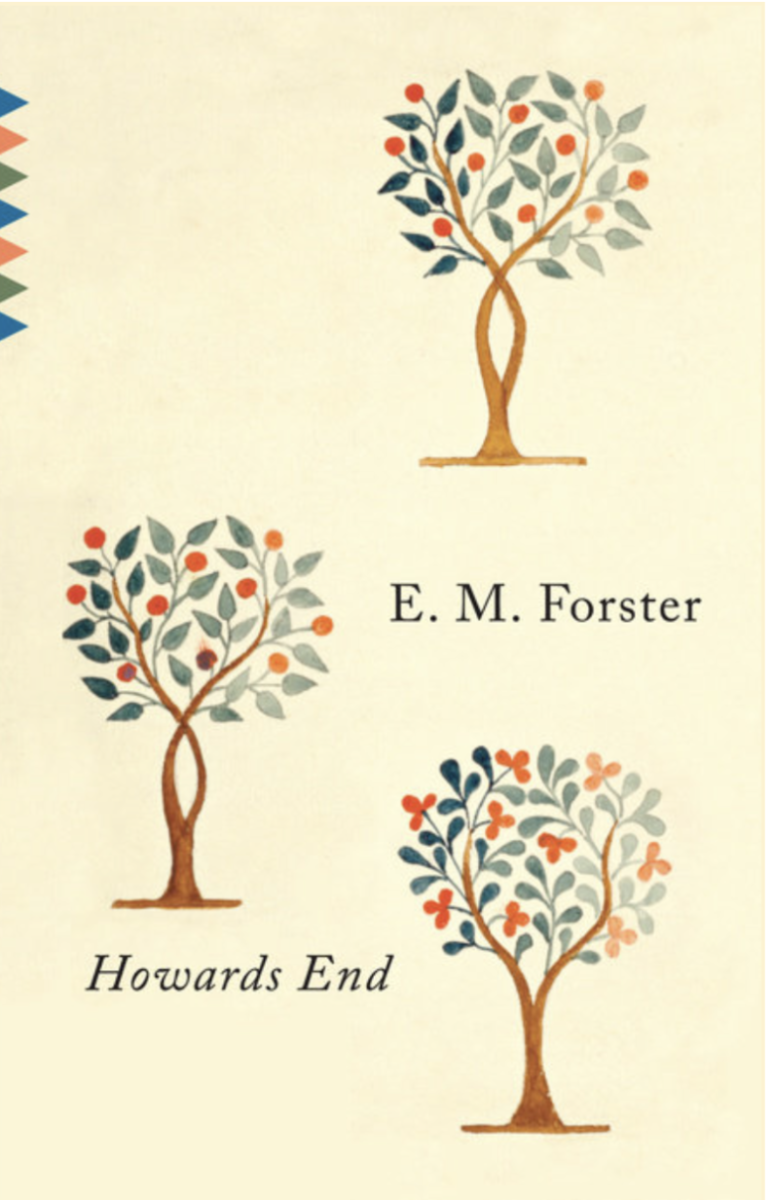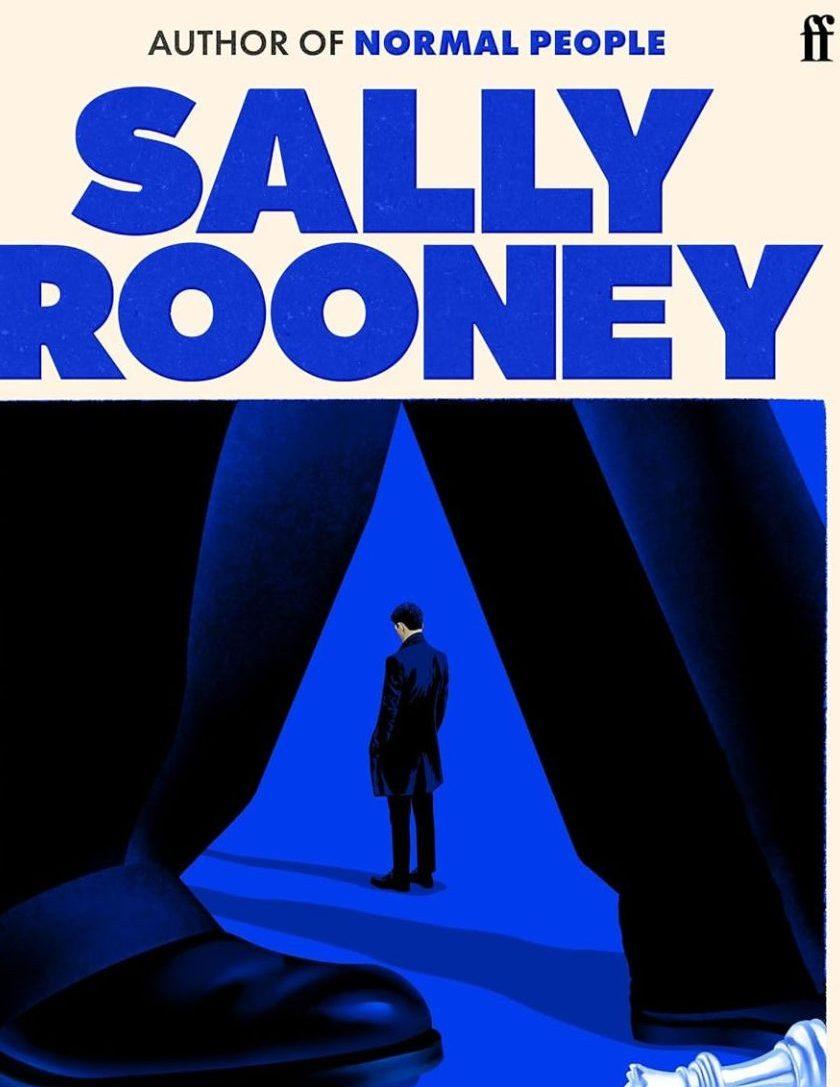“Only connect!” proclaims E.M. Forster in the epigraph of “Howards End” (1910). “Only connect!” expounds the character Margaret Schlegel halfway through the novel. “Only … connect?” I mumbled one May morning, as I sat in an Oxford library, studying very serious literature and looking very, well, serious. Drollery aside, if I have any objectives in writing this article, they are: 1) to shamelessly express my love of “Howards End” and Forster’s work in general and 2) to convince those who are skeptical that a century-old novel could have any contemporary resonance that it most certainly does, especially for students.
Parsing “Howards End” — insofar as it can be parsed — is like parsing any bit of Forster’s oeuvre. It’s a tall order, particularly for indecisive undergraduates. Forster synthesizes the commonly opposed; he problematizes conventions, yet never completely rejects tradition. His style is lucid and ambiguous, mirthful and melancholic, self-conscious and sincere. Even in their beloved film adaptations, Merchant Ivory Productions cannot capture the Forsterian spirit in full. The whole ordeal is rather like chasing a cloud. But I digress.
On its face, “Howards End” is the story of three families in turn-of-the-century England: the cosmopolitan, liberal Anglo-German Schlegel siblings Margaret, Helen and Tibby; the Wilcoxes, hidebound capitalists made rich by the ill-gotten-gains of exploitation colonialism; and the Basts, comprised of Leonard, a clerk and Jacky, a former sex worker. This, however, is a grossly flattened view. As quickly as Forster has set these molds, he recasts them, collapsing any hegemonic conception of ethnonational, class, regional, imperial or political identity. The Schlegels are complicit in the imperialism that their high-minded musings condemn. The Wilcoxes, though a loathsome lot to the bitter end, are not without souls. As for Leonard Bast, he remains one of literature’s most beautifully drawn portraits of human dignity and decency attempting to contend with a classist society. I truly cannot do the novel justice.
Nor could I on that May morning, as I attempted to distill my visceral understanding of “Howards End” into a cogent, quasi-compelling essay. Alas, every theme, every figure — save one — seemed impenetrable. I eventually did scrape something together but continued to feel that most of the novel was beyond my scope of expression. Much to my chagrin, then as now, the only figure I could genuinely “get at” was Tibby.
Forster introduces Theobald “Tibby” Schlegel as “… an intelligent man of sixteen, but dyspeptic and difficile.” And though his adolescent “peevishness” mellows as he matures and comes up to the University of Oxford, his most grievous shortcoming, his “indifference to human beings,” metastasizes. To a novel concerned with personal connection — and to yours truly, a fellow student (nominally) — his emotional detachment is something of a moral and intellectual failing.
For all his schooling, Tibby, tucked away in “his comfortable lodgings in Long Wall,” conceives of thought and feeling as mutually exclusive. He fancies himself an impartial “juror” dealing in facts, above the trifles of “personal relations.” Forster lampoons Tibby’s facile outlook, writing in just one instance of many:
Tibby […] had no opinions. He stood above the conventions […]. It is not difficult to stand above the conventions when we leave no hostages among them; men can always be more unconventional than women, and a bachelor of independent means need encounter no difficulties at all. […] His was the leisure without sympathy — an attitude as fatal as the strenuous; a little cold culture may be raised on it, but no art. (HE, Chapter XXXIX).
Granted, this image of an academic making unbiased (read: sterile) epistemological judgments from an ivory tower is nothing new. Nonetheless, as I come upon the close of my undergraduate education — and as I glance over some of the la-di-da things I have just written — I see that there is a touch of Tibby-ism in me. I would be lying if I said the pomp and circumstance surrounding academia doesn’t appeal to me on some level, though I know this ceremonial mystique to be riddled with elitism. All the same, I am quite content to sit in secluded libraries, under straight-faced oil paintings, and spend college dinners discussing Chartism. Talk about ivory towers.
That said, the exercise of discussion, if done with care and self-awareness, is vital. I hope no one consciously believes that the mark of education is speaking in hermeneutic tongues and navel-gazing. Intellectual growth cannot spring from apathy, affectation or arbitrary contrarianism. As Forster conveys, we must engage with society at large, not solely with some coterie, to even begin to process the world, to reform it, and to produce works of any depth. And (clichés incoming!) the more we engage, the more nuanced life becomes, and the more challenging it is to pass rigid judgments. But above all, Forster shows us we must embrace emotion, a touchstone of our lives. After all, is not the crux of so many academic disciplines to explore the human condition?
So don’t read “Howards End” because it’s “serious literature.” Don’t write it off because it’s old and, therefore, somehow arcane. Read it because it’s difficult to grasp — as most everything is. “Only connect!” indeed.
Contact the editors responsible for this story: Anabelle Meyers, Norah Catlin






